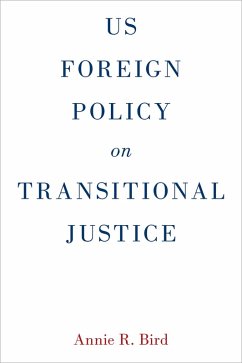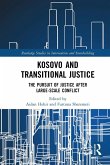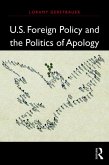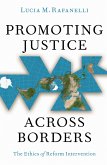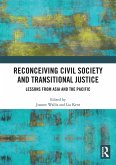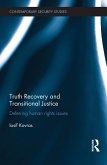Since the end of the Cold War, the United States has been a key driver of transitional justice. It has provided crucial political backing, as well as technical and financial assistance for trials, truth commissions, and other measures aimed at helping societies address serious human rights violations. Surprisingly, however, scholars have not analyzed closely the role of the US in transitional justice. This book offers the first systematic and cross-cutting account of US foreign policy on transitional justice. It explores the development of US foreign policy on the field from World War I to the present, and provides an in-depth examination of US involvement in measures in Cambodia, Liberia, and Colombia. Annie Bird supports her findings with nearly 200 interviews with key US and foreign government officials, staff of transitional justice measures, and country experts. By "opening the black box" of US foreign policy, the book shows how the diverse and evolving interests of presidential administrations, Congress, the State Department, and other agencies play a major role in shaping US involvement in transitional justice. The book argues that, despite multiple influences, US foreign policy on transitional justice is characterized by a distinctive approach that is symbolic, retributive, and strategic. As the book concludes, this approach has influenced the field as a whole, including the establishment, design, and implementation of transitional justice measures.
Dieser Download kann aus rechtlichen Gründen nur mit Rechnungsadresse in A, B, BG, CY, CZ, D, DK, EW, E, FIN, F, GR, HR, H, IRL, I, LT, L, LR, M, NL, PL, P, R, S, SLO, SK ausgeliefert werden.

